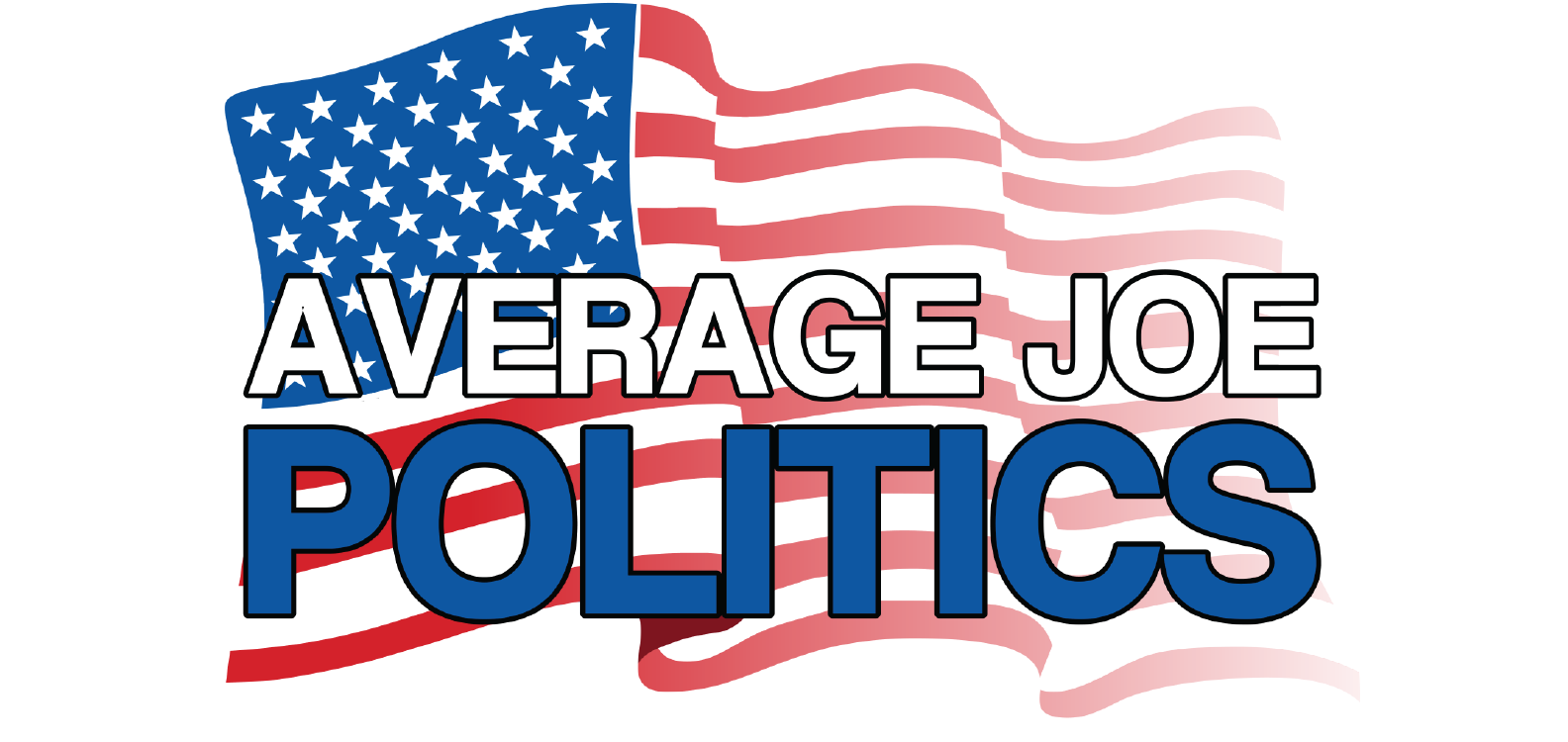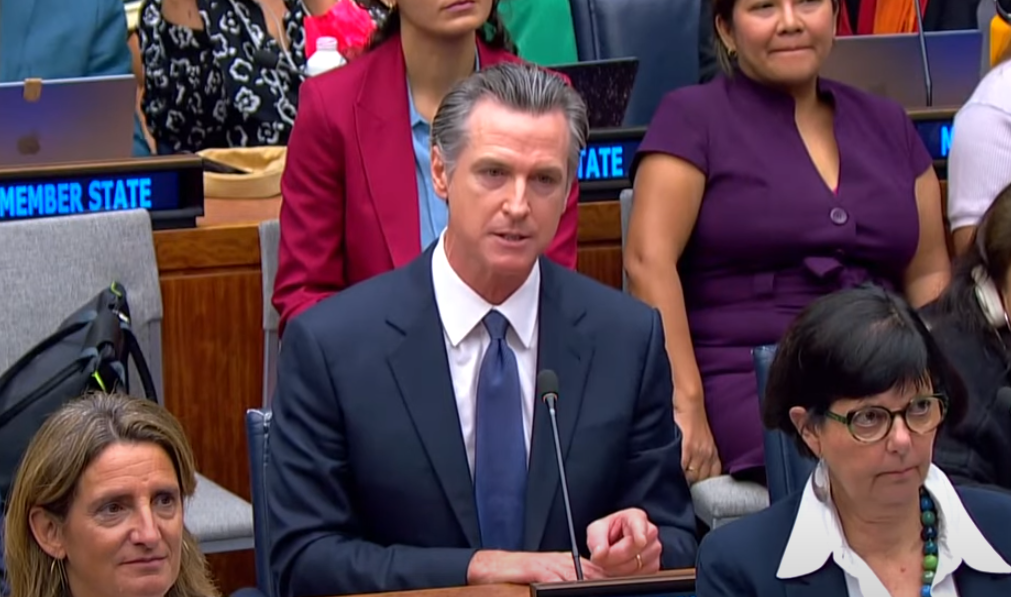In recent news, discussions surrounding the debt ceiling have taken center stage, bringing forth concerns about the impact on various sectors of society. With negotiations underway and potential consequences looming, it is crucial to understand the implications of the debt ceiling deal on vital areas such as food aid and student loans. In this blog post, we will explore the potential effects of the debt ceiling deal on these two critical aspects of our society.
The Debt Ceiling and its Significance:
Before diving into the potential implications, let’s first understand what the debt ceiling is and its significance. The debt ceiling is a legal limit imposed by the U.S. government on how much debt it can accumulate. When the government approaches this limit, it must either reduce spending, increase revenue, or borrow more money to meet its financial obligations.
Food Aid:
Food aid programs play a crucial role in supporting vulnerable populations, ensuring they have access to nutritious meals. The debt ceiling deal could potentially impact the funding and effectiveness of these programs. If the debt ceiling is not raised or a deal is not reached, the government may be forced to make significant spending cuts, which could directly affect food aid initiatives.
Reductions in funding for food aid programs could result in a decrease in the number of people served, limited access to nutritious food, and an overall rise in food insecurity. Vulnerable populations, such as low-income families, children, and the elderly, may face the brunt of these cuts, exacerbating existing inequalities and widening the gap of food accessibility.
Student Loans:
The implications of the debt ceiling deal also extend to the realm of education, specifically student loans. Higher education costs continue to rise, and student loan debt has become a significant burden for millions of Americans. Any disruption caused by the debt ceiling deal could potentially affect student loan programs, interest rates, and repayment options.
If the government is unable to reach a deal to raise the debt ceiling, it may have to prioritize its spending, and this could impact funding for student loans. Reduced funding could lead to fewer loan options, increased interest rates, and decreased access to affordable education for aspiring students. The already burdensome student loan debt crisis could worsen, hindering economic mobility and stifling the pursuit of higher education for many individuals.
Call for Collaboration and Action:
Given the potential ramifications on food aid and student loans, it is imperative for policymakers, community leaders, and citizens to come together and advocate for solutions that prioritize the needs of the most vulnerable in our society.
Protecting Food Aid Programs:
Supporting and safeguarding food aid programs should be a top priority. Local communities, nonprofit organizations, and individuals can contribute by volunteering at food banks, raising awareness about food insecurity issues, and urging policymakers to prioritize funding for these essential programs.
Addressing the Student Loan Crisis:
To mitigate the impact of the debt ceiling deal on student loans, it is crucial to advocate for comprehensive reform of the education financing system. This includes exploring options such as expanding need-based grants, implementing loan forgiveness programs, and addressing the soaring costs of higher education.
Conclusion:
The debt ceiling deal currently under negotiation has far-reaching consequences for crucial areas of our society, including food aid and student loans. As we navigate these uncertain times, it is essential for individuals, communities, and policymakers to work together, prioritize the needs of the most vulnerable, and ensure that access to nutritious food and affordable education remains a fundamental right for all. By raising awareness, advocating for change, and collaborating, we can strive towards a more equitable and prosperous future for everyone.




